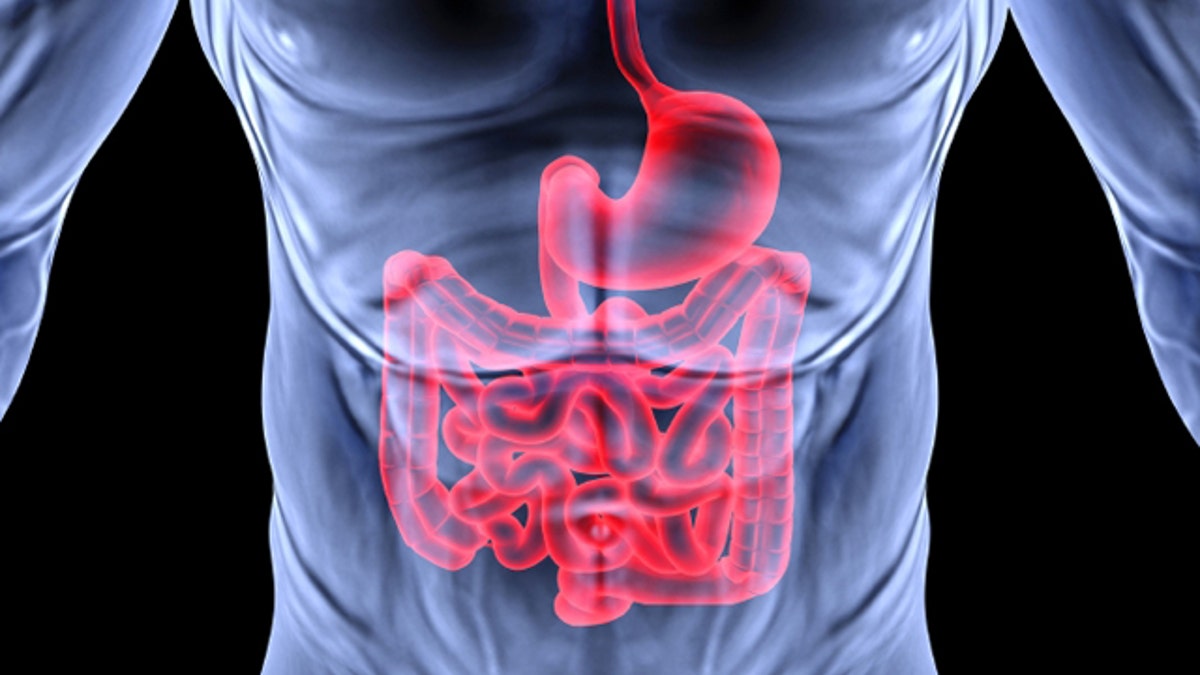
Preventing colon cancer could be as simple as taking a pill or adjusting your diet. That’s the suggestion in new research from New York University’s Langone Medical Center.
Scientists, led by Jiyoung Ahn, found patients with colorectal cancer had more “bad” bacteria in their gut than people without cancer. They also had fewer “good” bacteria – or probiotic bacteria.
There has been growing evidence of a connection between gut bacteria and colorectal cancer. However, this study is the first to compare cancer patients with a control group and account for conditions that might affect the outcome.
It found that among people with colorectal cancer, there were higher numbers of Fusobacteria and Porphyromonas bacteria than in patients who didn’t have the disease. Fusobacteria and Porphyromonas, which are prevalent in both the mouth and gut, are associated with inflammation of the digestive tract as well as periodontal disease.
Ahn and her colleagues also noticed lower levels of Clostridia – “good” bacteria – in the gut of cancer patients. Clostridia – of which there are several forms – is important in the fermentation and digestion of fiber and carbohydrates. Clostridia also creates a chemical butyrate, which is believed to moderate inflammation and cancerous mutations in the colon.
In the past decade, scientists have found a growing association between bacteria and gastrointestinal disorders. For example, it is now commonly accepted that most stomach ulcers are caused by infection of the bacteria helicobacter pylori. Bacteria are also thought to be implicated in Crohn’s disease and even allergies.
Colorectal cancer is second only to lung cancer in the number of deaths it causes. Every year in the United States, approximately 142,000 people are diagnosed with colorectal cancer, and about 51,000 people die of the disease.
There is a big question this study does not answer: Does the imbalance of bad and good bacteria cause cancer, or does the cancer create an environment in which bad bacteria flourish? Jiyoung Ahn suspects it’s the bacterial overgrowth that triggers inflammation which then leads to cancer, but she says prospective studies are needed to be certain.
If Ahn is correct, it opens up the possibility that taking steps to maintain a healthy balance of bacteria in the gut could reduce the number of cases of colon cancer. She says adjustments to diet, taking probiotics and judicious use of antibiotics could keep bad bacteria in check and allow beneficial bacteria to flourish.
“This may lead to ways to prevent this disease," Ahn told Fox News.
